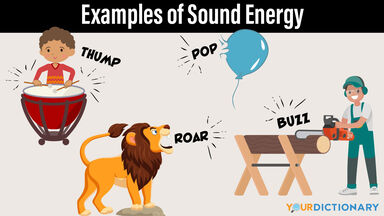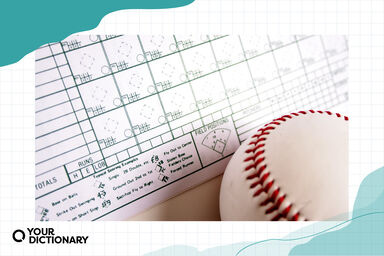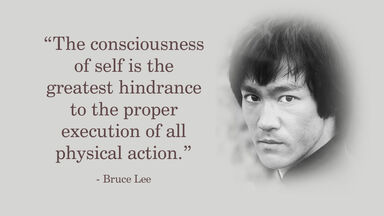Strike Definition
strīk
strikes, striking, struck
verb
strikes, striking, struck
To hit with the hand or a tool, weapon, etc.; smite.
Webster's New World
To deliver a blow or blows.
Webster's New World
To make contact with (a key on a typewriter, computer keyboard, etc.)
Webster's New World
To collide with or crash into.
She struck the desk with her knee.
American Heritage
To take part in a fight or struggle (for some objective)
Webster's New World
noun
strikes
The act of striking; blow; specif., a military attack.
An air strike.
Webster's New World
An attack, especially a military air attack on a single group of targets.
American Heritage
Webster's New World
A scoring attempt, often resulting in a goal.
American Heritage
A concerted refusal by employees to go on working, in an attempt to force an employer to grant certain demands, as for higher wages, better working conditions, etc.
Webster's New World
idiom
on strike
- Engaged in a work stoppage:
Most of the employees were on strike.
American Heritage
strike hands
- To conclude a bargain or reach an agreement.
American Heritage
strike it rich
- To have sudden financial success.
American Heritage
be struck with
- to be attracted to or impressed by
Webster's New World
have two strikes against one
- to be at a decided disadvantage
Webster's New World
Idioms, Phrasal Verbs Related to Strike
- on strike
- strike hands
- strike it rich
- be struck with
- have two strikes against one
- (out) on strike
- strike down
- strike dumb
- strike hands
- strike home
- strike it rich
- strike off
- strike out
- strike up
Origin of Strike
-
From Middle English striken, from Old English strīcan, from Proto-Germanic *strīkaną. Cognate with Dutch strijken, German streichen and streiken, Danish stryge, Icelandic strýkja, strýkva.
From Wiktionary
-
Middle English striken from Old English strīcan to stroke streig- in Indo-European roots
From American Heritage Dictionary of the English Language, 5th Edition
Related Articles
Strike Is Also Mentioned In
Find Similar Words
Find similar words to strike using the buttons below.





